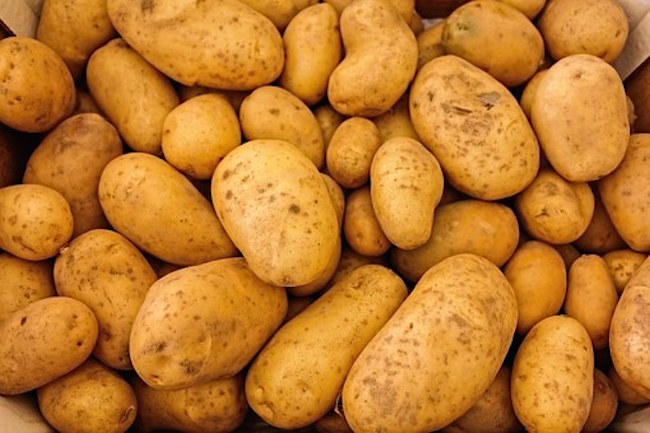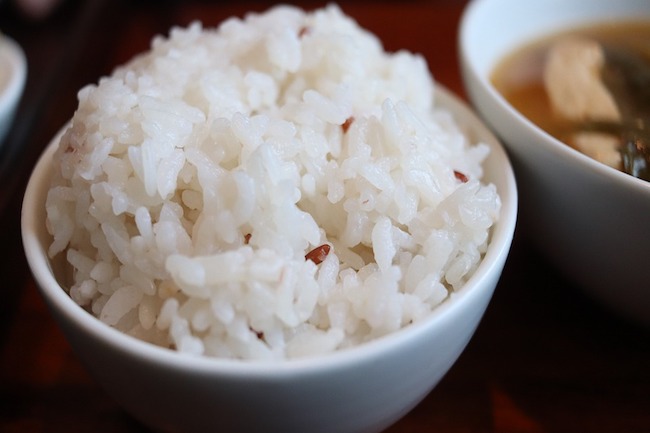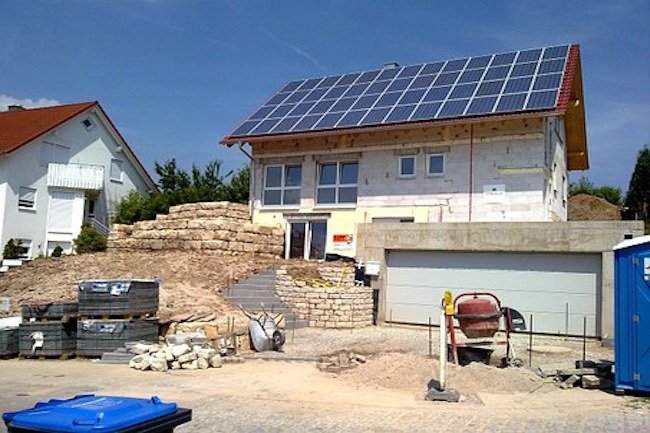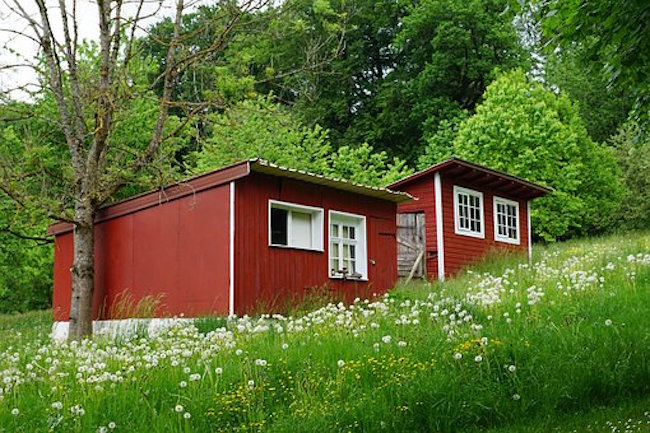Sustainable Agriculture and Responsible Land Stewardship Is the Answer to Global Food Insecurity by Indiana Lee for The Organic Prepper
There’s no question. Our environment is under more pressure than ever before. Recent projections expect the global population to exceed 8 billion by 2025. However, the amount of land used for sustainable farming will remain at current levels.
It is perhaps little wonder, then, that food insecurity is also at an all-time high. In 2019, the World Food Program estimated that more than 135 million people faced life-threatening food insecurity. Those stark numbers may have doubled in the wake of the devastating COVID-19 pandemic.
The food crisis is not affecting developing countries alone. It’s right on our doorstep. Hunger in the United States, tragically, is nothing new. However, in the aftermath of more than a year of nationwide lockdowns, Americans who have never before faced food insecurity now find themselves stealing food for their survival and the survival of their families.
As bleak as the current situation may seem, there is hope. Advancements in farming are promising to address the challenge of food insecurity, both abroad and at home.
The Origins of Food Insecurity
To combat food insecurity, we must understand the root causes. The surging global population is only a fraction of the story. Of greater importance is the reality of a history of poor stewardship of the land.
Studies suggest that the nutritional content of crops today is, on average, significantly lower in nutritional value than just a century ago. Not to mention the reality that large-scale producers, in particular, have tended to favor high-profit, low-nutrient crops.
And that has given rise to an overall degradation of the quality of the food supply. Global markets overflow with cheap, carbohydrate-dense, while the costs of healthier alternatives rise. Thus, the global epidemic of food insecurity links with the spread of malnutrition, as low-income families come to rely on inexpensive, accessible, energy-rich but nutrient-poor foods to get by.
The Role of Sustainable Agriculture
Sustainable agriculture is, by definition, a method of farming designed to protect, replenish, and preserve the environment. This includes approaches designed to prevent or minimize soil depletion, such as through crop rotation and the use of safe and natural pest control methods to avoid exposing the land to dangerous chemical pesticides.
Protecting the land in this way is not only important for sustainable production, but it also has a direct impact on the nutritional value of the crops themselves.
Additionally, sustainable agriculture seeks to drive efficiency and reduce waste, with a particular focus on minimizing food waste. According to recent estimates from the USDA, 30-40% of food produced in the United States is wasted. However, a sustainable approach to agriculture often involves smaller-scale, localized production, which eliminates the need for long-haul transport to food distributors, a major cause of food waste.




